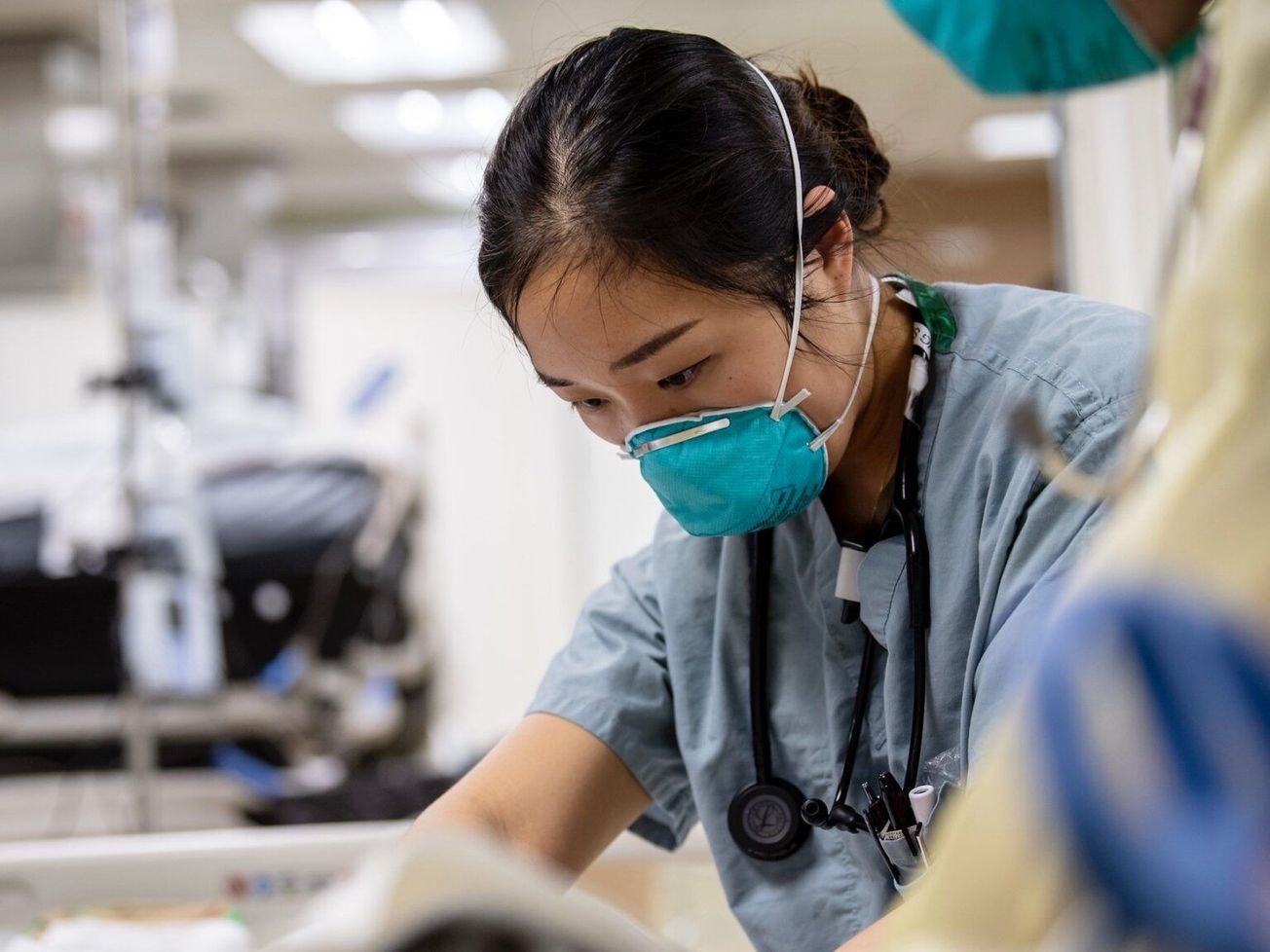GENEVA (AN) — Who knew that a new coronavirus had been detected and when did they know it? As the World Health Organization gears up for an investigation into its handling of the pandemic, its own revised timeline on the first reports of COVID-19 might raise more questions than it answers.
Days after the world surged past 10 million new coronavirus cases and 500,000 deaths in late June, WHO quietly updated its pandemic timeline to reflect that China did not directly notify global authorities of the first "viral pneumonia" cases in Wuhan.









